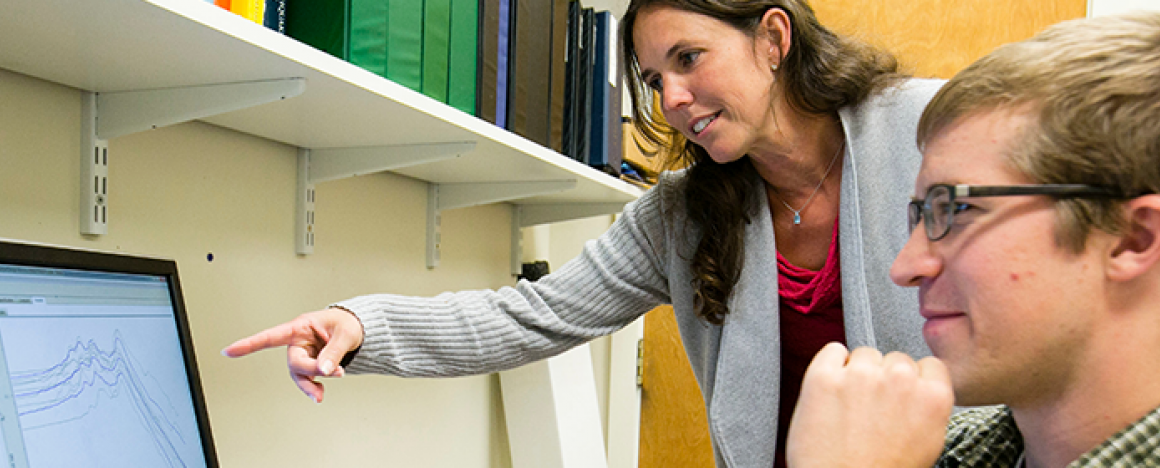M.S. in Civil and Environmental Engineering

The Civil and Environmental Engineering M.S. program provides students with advanced level expertise in a civil and environmental engineering specialty, some technical breadth in a related specialty, and familiarity with engineering tools used by the profession.
Those students who wish to pursue doctoral education and research or a career in engineering practice within the private or public sector can opt to complete thesis research work in addition to the yearlong course work required for a master's degree.
Master's degrees require a minimum of 30 SHUs and the fulfillment of at least 10 courses with grades of S (satisfactory) or at least a B-.
The program's fields of study are:
-
This problem-focused field of study:
- Emphasizes data-driven discovery, design, and decision-making for civil and environmental engineering and health applications
- Teaches students how to manage and analyze data using a variety of statistical, computing, and GIS programs
- Provides students with domain-specific expertise in infrastructure and natural hazards, environmental health and technologies, water diplomacy, or other domains of interest
- Demonstrates how theory and practice are used to solve real-world issues through a year-old colloquium series
-
Students in this field of study focus their attention on core and concentration courses in the area of environmental and water resources engineering. Students are also required to take a professional practice or technical elective, as well as a graduate seminar.
-
This area includes courses on biostatistics, toxicology, epidemiology, and more.
Students are required to take four core courses and six elective courses, as well as participate in a weekly departmental graduate seminar.
-
The Geosystems field of study in the M.S. degree program is offered as full-time or part-time. The program provides an excellent foundation in soil behavior including training in the Tufts Advanced Geomaterials Laboratory. M.S. students have excellent networking opportunities through the weekly CEE Seminar and other annual networking events.
-
Students in this area of concentration take courses in foundations of structural analysis, engineering, and design. Students are required to take a professional practice or technical elective, as well as participate in a weekly departmental graduate seminar.